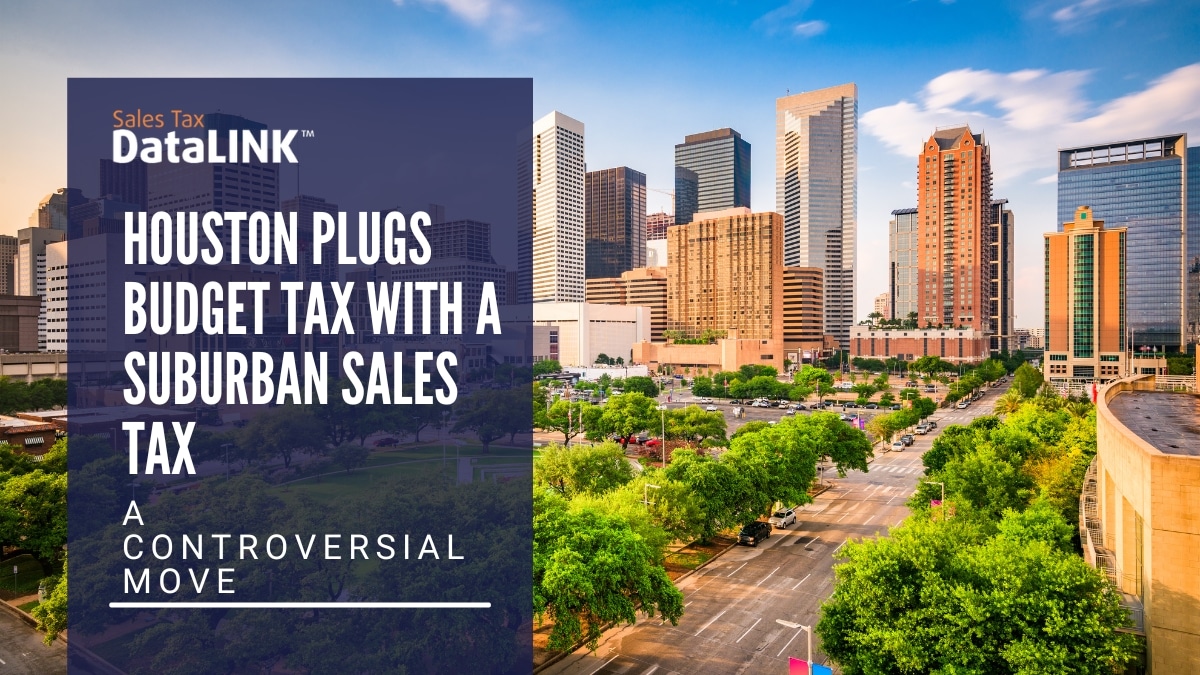Houston Plugs Budget Tax With a Suburban Sales Tax
It’s a move that has been generating a great deal of controversy around the Houston area – being described as bribery, taxation without representation, and a questionable tax maneuver. Still, others have referred to it simply as a way to get things done.
See, residents living outside of Houston have concerns about being absorbed into the boundaries of the city, and lawmakers dutifully made it more difficult to do so about 15 years ago. In response, Houston has been cutting deals with municipal utility districts to enact a 1 percent sales tax on purchases in these communities.
These agreements generate tens of millions of dollars for Houston and for the districts, which split the revenue. However, many are questioning the appropriateness of the deal. For them, Houston is playing off suburban fears of annexation, and demanding taxes in exchange for promises to leave them alone. Residents complain that Houston receives revenue but essentially has no service responsibilities associated with that.
Utility district leaders are defending the agreements, noting that they take half of the money collected and receive a contractual promise not to be fully annexed for 30 years. After all, census data suggest that nearly two-thirds of those who work in Houston live outside the city limits. A guarantee is not to be annexed, as well, as it improves the accuracy of long-term planning.
In the Houston area, sales tax collections are climbing faster in the suburbs than in the city. Even government experts agree that an argument can be made that the deals amount to illegal taxation, particularly since the city does not provide services, but it would be tough to prove. The “limited purpose annexations” draw those taxed into city limits, even if it’s not the type of boundary people are used to. Also, residents have a say in who sits on the utility district boards, which can enter into the agreements as well.




